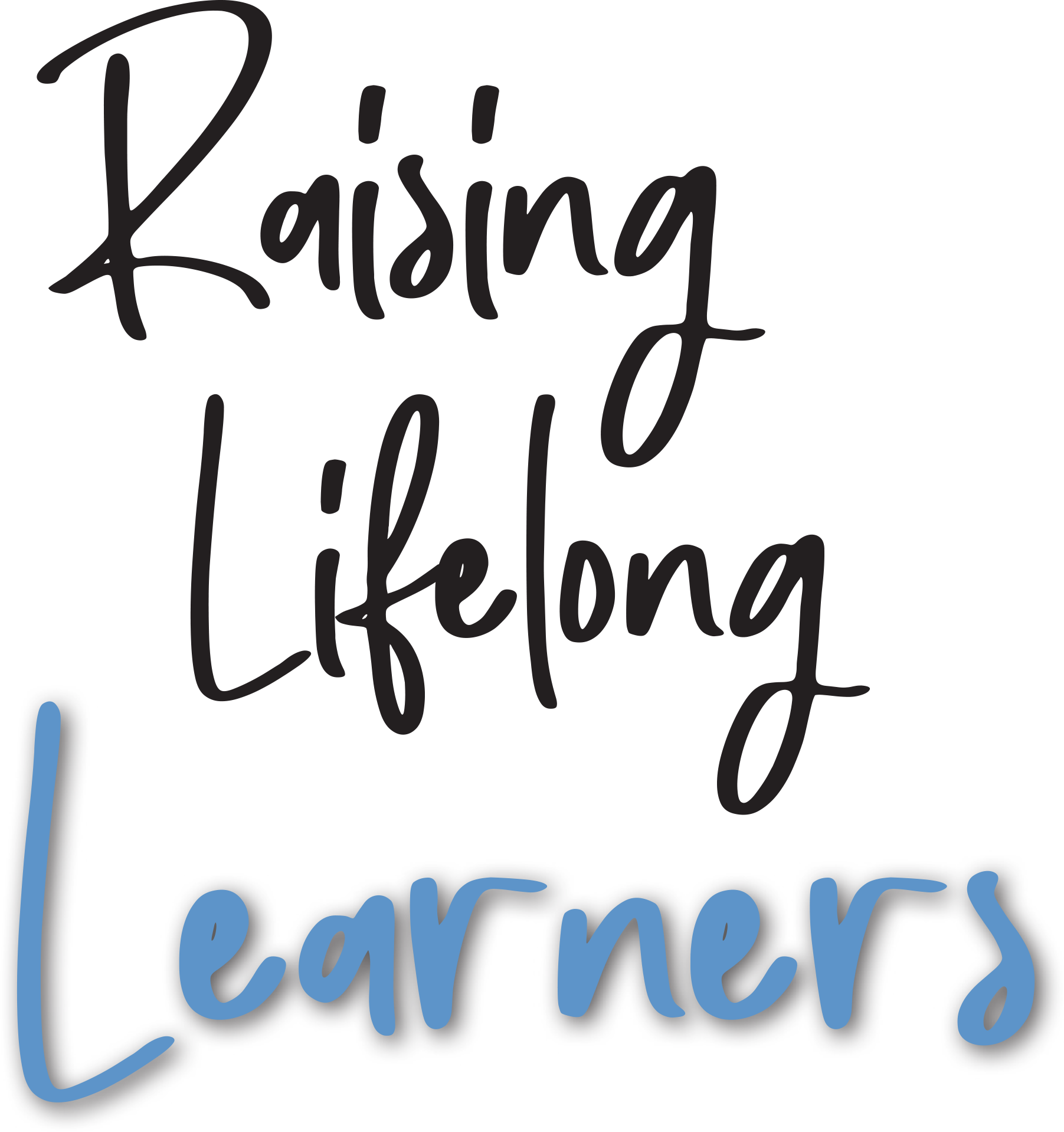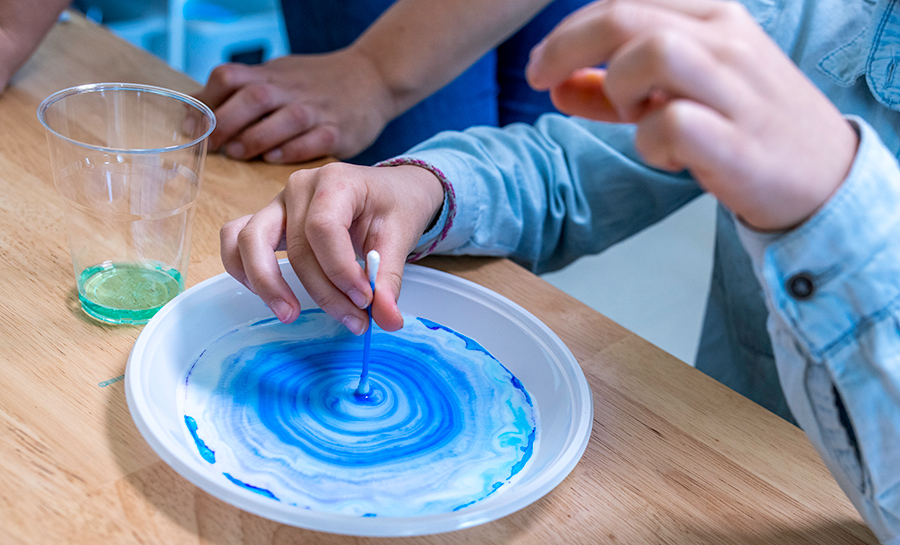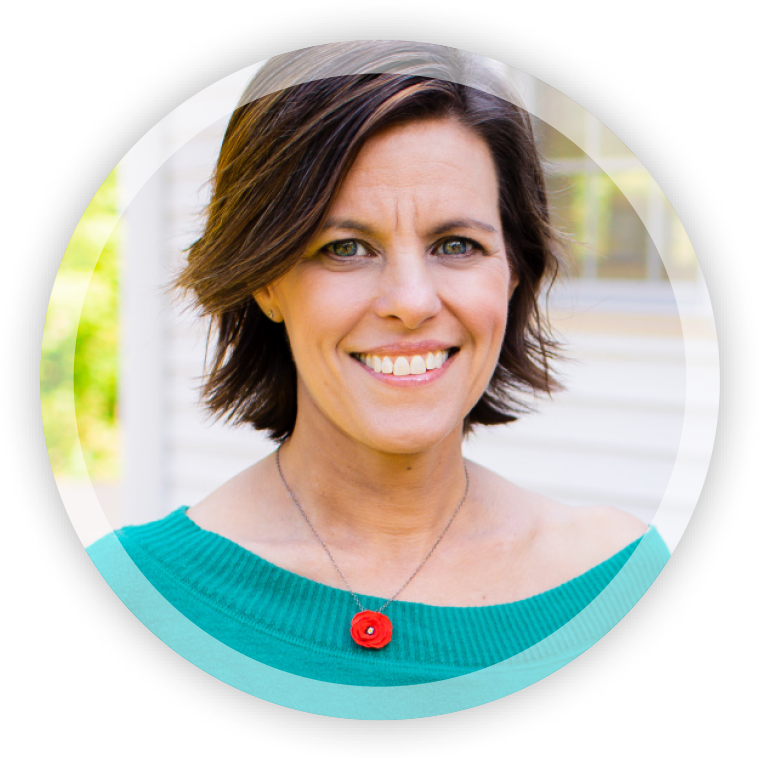
Colleen Kessler, M.Ed.
saddened when I hear parents talk about their kids like this, as if the genetic propensity to learn is what it is, and there’s nothing anyone can do about it. I’m not a psychologist or a brain researcher, but I have worked with counselors and researchers alike, and I have read widely in the field to better understand how kids learn. Despite my lack of a PhD, I don’t believe that there is anything present at birth that determines if a child will be a scientist, store clerk, reader, writer, or cook.
Yes, I firmly believe that children have different abilities and intellects. There are gifted children with exceptionally high IQs and children with disabilities that make learning new things incredibly challenging. And there are kids that struggle with both.
Kids are a puzzle and each of them have strengths and weaknesses unique to them individually. It’s what makes choosing the adventure of homeschooling so exciting. Each family decides for itself what learning looks like for them.
Becoming a lifelong learner is not dependent on ability level. It’s a value we, as parents, can instill in our kids by cultivating learning-rich environments, and modeling the behavior of lifelong learners ourselves.
She did and felt validated in her curiosity. She regarded herself as a scientist-in-training, took out a fresh notebook, labeled it “Molly’s Observations” and drew what she’d done, then spent the next several weeks trying out all sorts of hypotheses using things around the house.
Observations and inferences were not the next skills in a scope and sequence I was using at the time, but we value the child and curiosity in our home, so experimentation was added to our daily rhythm for a time.
Letting kids—big and small—run with their curiosity and experiment builds scientific thinking as well as confidence.
You don’t have to make yourself crazy setting out “themed” items, hoping to catch your little one’s attention. But you may want to consider strewing—the act of piquing a child’s interest by providing resources that may lead to learning. For more about strewing, go to:
raisinglifelonglearners.com/strewing/
Talking, storytelling, and sharing plans is crucial to developing readers, writers, and thinkers.
Calculating, saving up for toys, budgeting for a favorite meal, and choosing between purchases all leads to healthy mindsets around money and builds math skills.
Listen to your kids spin their imaginations, and then encourage them to tell you more. And more. And still more. Even if you’d prefer silence every now and then.
As parents, we naturally encourage talk when our kids are really little, reporting to family and friends all the words our kids are saying, but this celebration of language acquisition tapers off as they get older. In fact, I find myself telling my kids to “be quiet, for goodness sake!” I want peace, and I forget that they’re spreading the wings of their imagination when they prattle on and on about what they’ll invent when they’re older and how they’ll be a homeschooling mom who creates a cure for all disease while making food from scratch for every meal and snack.
Read, write, and celebrate play. Fill your home with books, share a love of the written word, and celebrate the play in which your child engages.
Get down on the floor with them and act out a trip to the farm to pick up produce. Play with light and shadows. Read a book, and then ten more, and bake a cake to go along with it. Play games.
Ask your kids questions about the world, and listen to their answers. Take each one seriously and think before answering—but do answer. Show them you value their thinking and you’ll teach them to value themselves as active learners.
Above all, banish the idea that kids aren’t good at, or interested in, one subject over another. Of course, they’re going to be stronger in one area than another, and often they’ll struggle in ways you hadn’t planned or with a learning disability that gets in the way of progress. But if you embrace and celebrate the process of learning, they will too. Say things like, “Wow! You really thought that through! What an innovative solution.” Or, “I love that idea! Let’s give it a try!”


